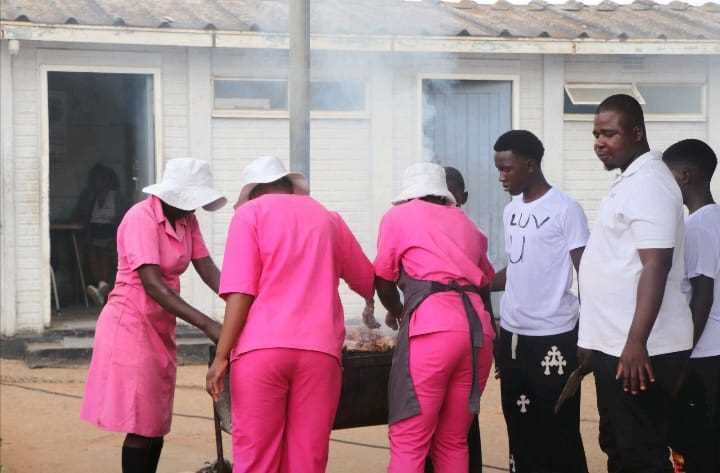
Zim Now Writer
Zimbabwe’s tobacco sector is preparing for the 2025/26 farming season, with seedbed preparations now in motion and seed sales beginning to rise after a slightly slower start compared to last year.
According to Kutsaga Research, farmers had purchased 482,565 grammes of seed by yesterday, which is enough to plant around 96,513 hectares. Although this is marginally lower than the 489,990 grammes bought during the same period last year, industry analysts anticipate an uptick in sales in the coming weeks.
The slower start has been attributed to a delay in harvesting due to late rains during the 2024 planting season. Many farmers are still engaged in reaping, curing, grading, and baling their current crop, pushing back preparations for the next cycle.
Kutsaga Research spokesperson Tatenda Mugabe noted that momentum is building as the season progresses.
“Some farmers are still reaping, while the majority are grading and baling for auction deliveries. We’ve seen seed sales picking up this month as farmers gear up for the July 1 dryland season,” he said, assuring stakeholders that Zimbabwe’s seed reserves are adequate for at least five seasons.
Tobacco Farmers Union Trust president Edward Dune confirmed that irrigating farmers had already begun sowing seedbeds, following the June 1 planting window.
“It’s business as usual. We’re also collaborating with the plant quarantine branch to ensure pest and disease control nationwide,” he said.
Related Stories
Meanwhile, the sector is enjoying significant growth during the ongoing 2024 marketing season. By day 63, 269 million kilogrammes of tobacco had been sold, earning US$904 million—an impressive 41% jump from last year’s 191 million kg worth US$664 million. With a target of 300 million kg in sight, confidence remains high.
However, amid the success, some farmers have expressed concern over delayed payments by contractors. Stakeholders and authorities are reportedly working to address the issue to protect farmer livelihoods.
Tobacco has seen exponential expansion in Zimbabwe over the past decade. From a few thousand growers in previous years, the number has now surpassed 140,000, thanks to improved pricing, structured marketing, and inclusive support schemes, particularly for communal and A1 farmers.
Notably, Matabeleland South has emerged as a new production zone, joining traditional strongholds such as Manicaland, Mashonaland, and Midlands. This growth is being driven by decentralisation efforts aimed at spreading income-generating opportunities across the country.
Working closely with the Government and the Tobacco Industry and Marketing Board, stakeholders are strengthening regulatory compliance, sustainability measures, and adherence to responsible labour practices.
Capacity-building programmes are also playing a key role, equipping farmers with knowledge and techniques to improve crop quality and boost yields across all farming categories.
As seedbeds are established and the current crop performs well on the market, the industry looks set for another productive and profitable season.



















Leave Comments